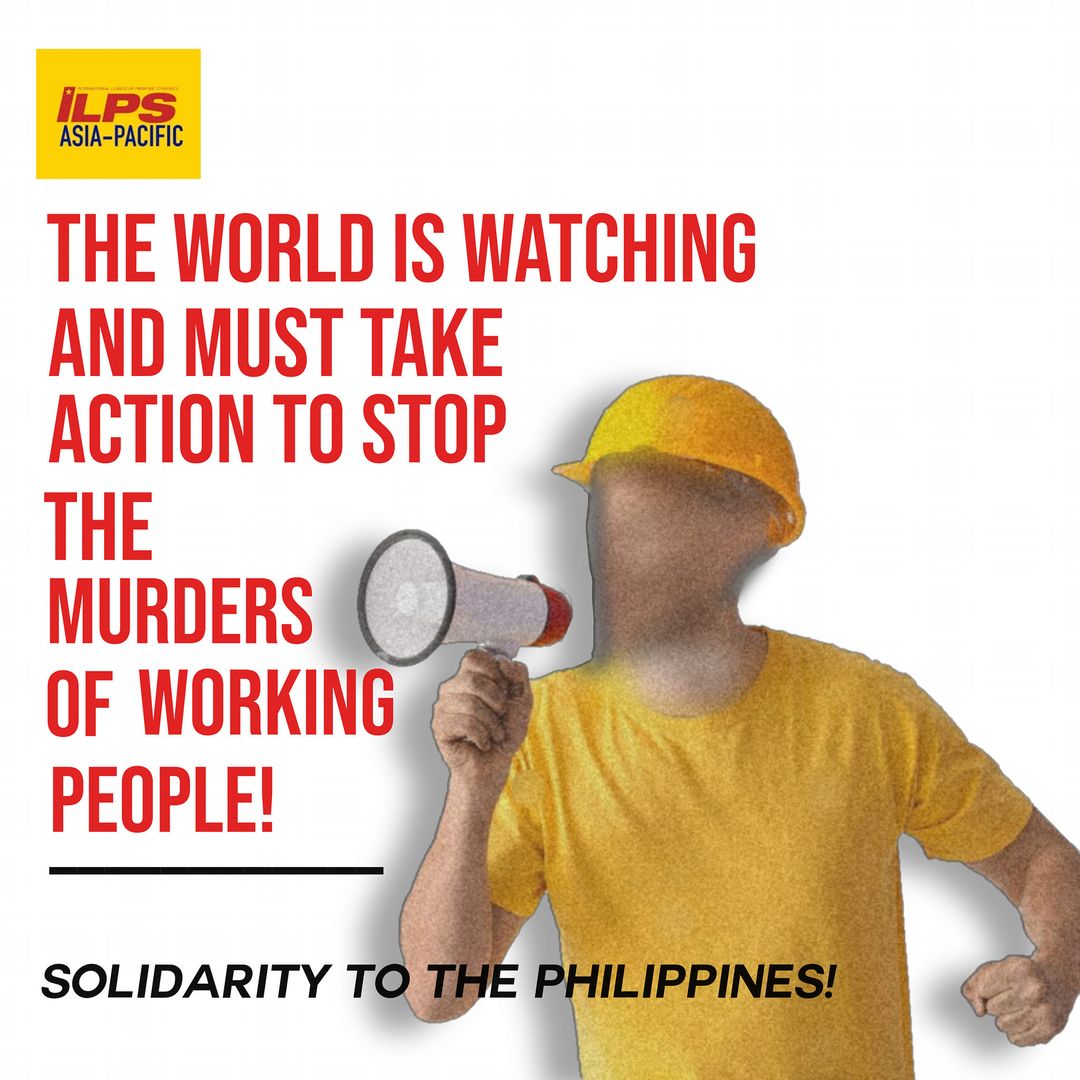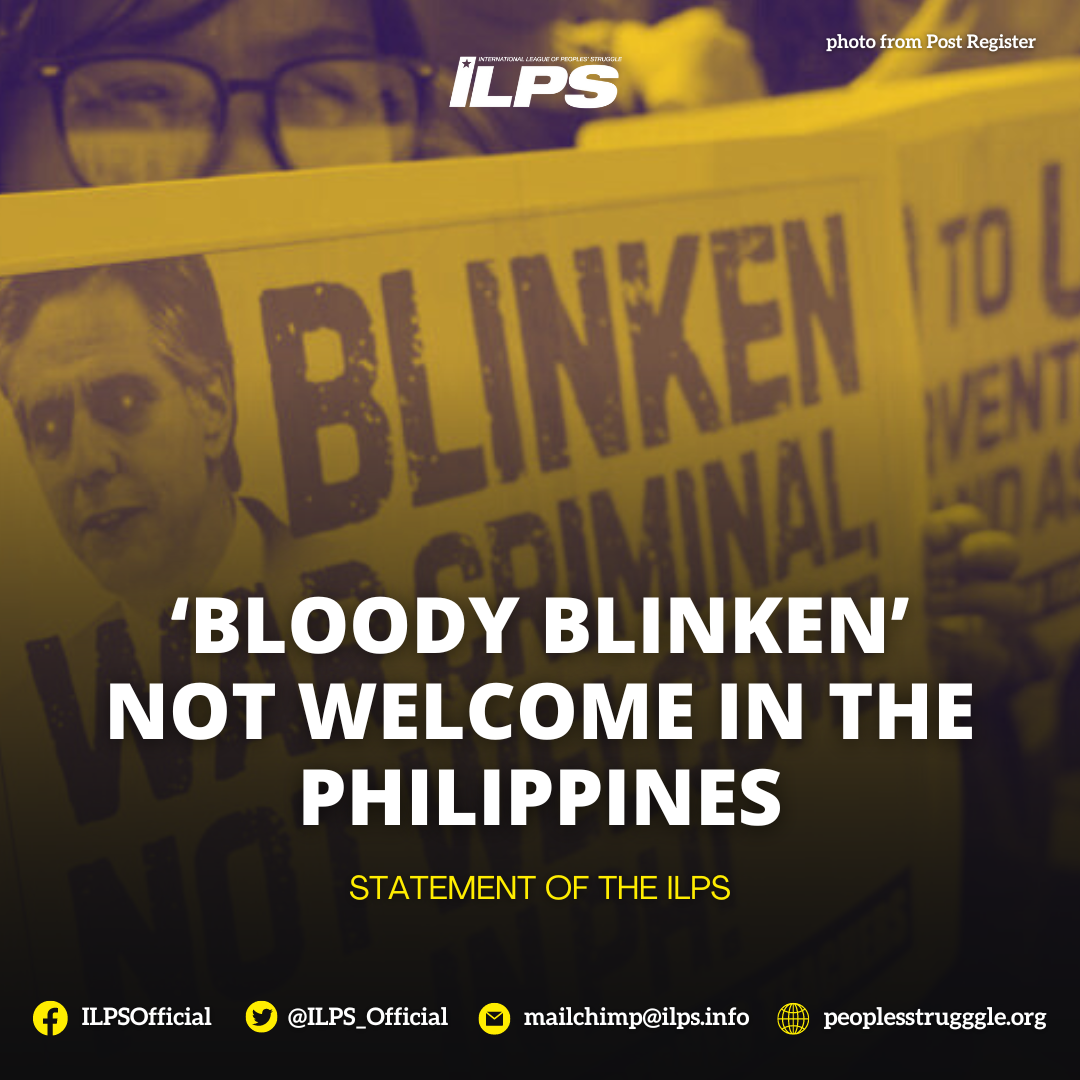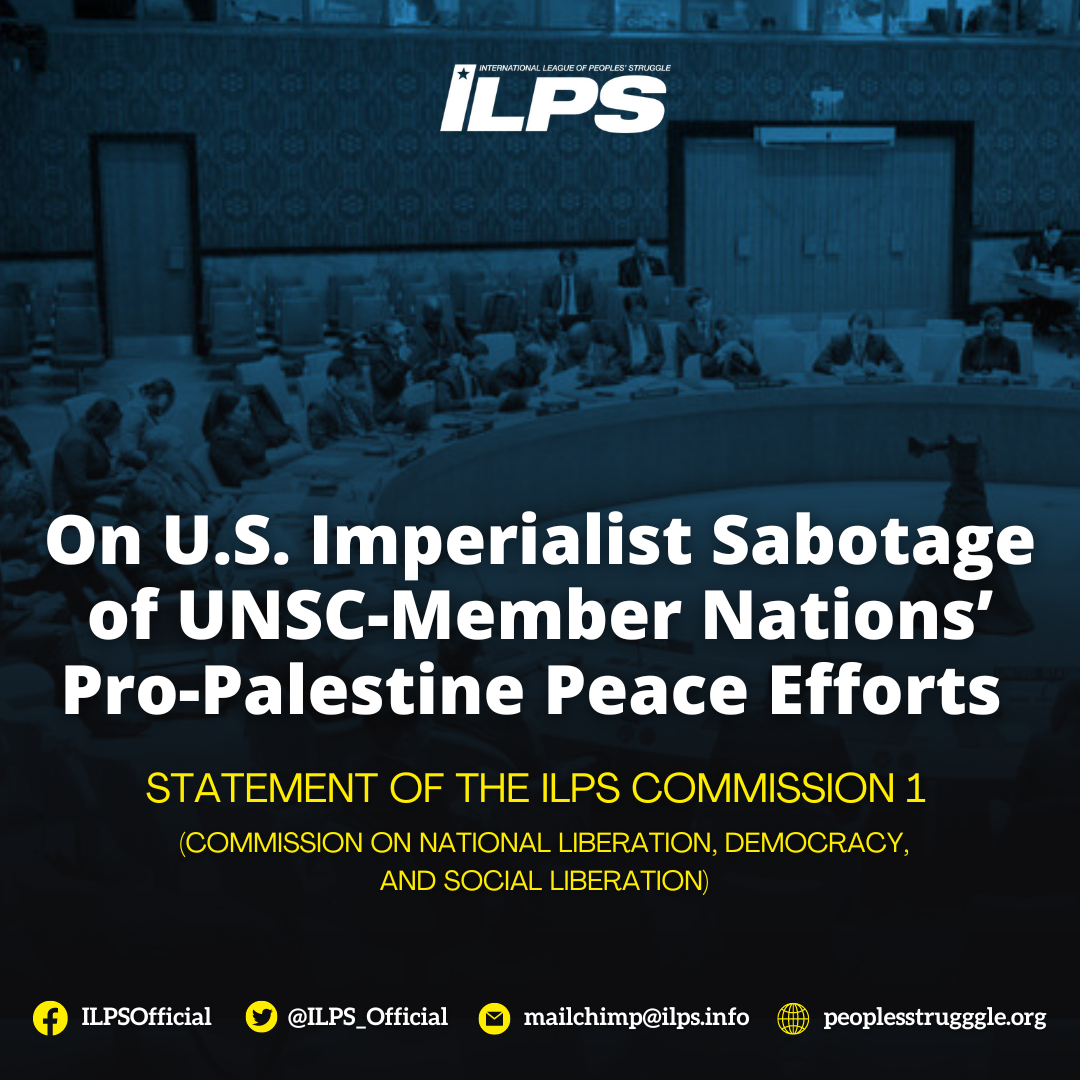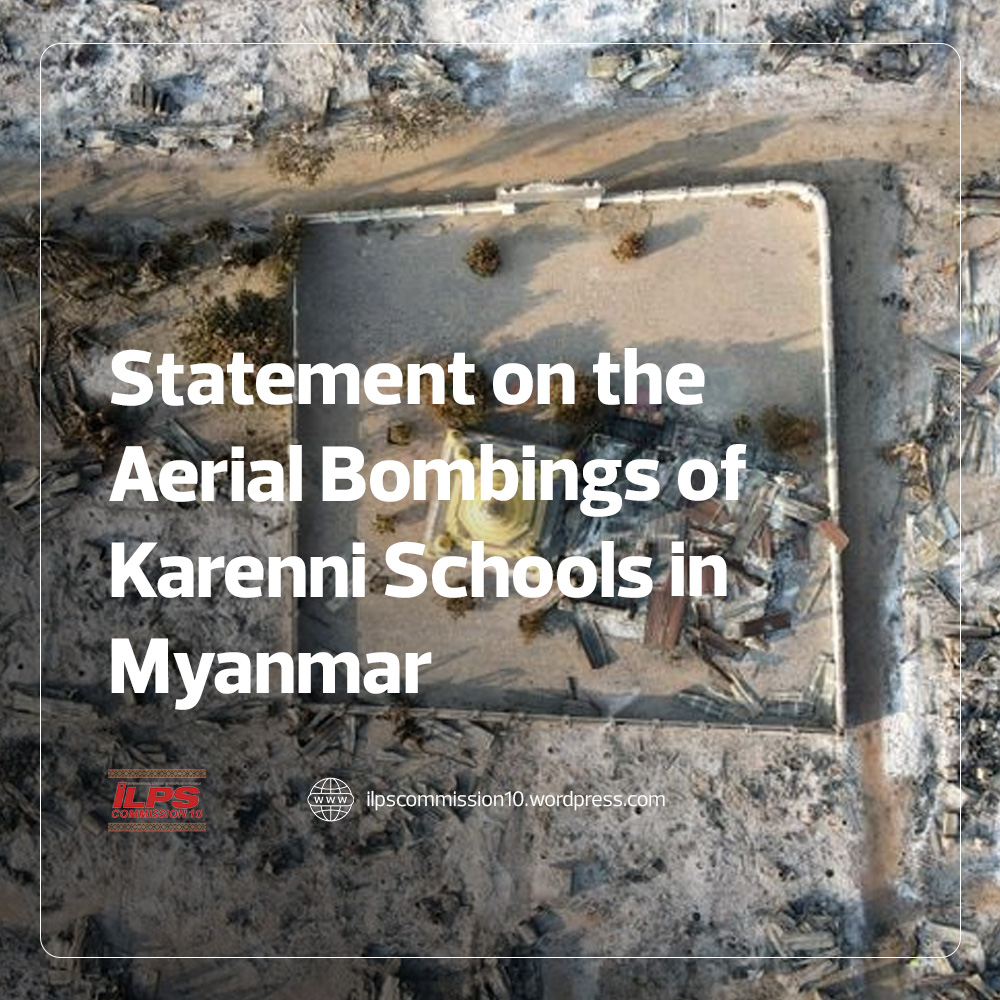
The labor rights situation in the Philippines has become so appalling that even traditional bodies like the International Labour Organization (ILO) are forced to respond. During the 105th Session of the International Labour Conference in June 2016, the Committee on the Application of Standards (CAS) adopted conclusions regarding the application by the Philippines of the ILO Freedom of Association Convention (ILO C087) and “noted with concern the numerous allegations of anti-union violence and the lack of progress in the investigation of many such cases…” and among the recommendations was to “accept a direct contacts mission in 2016 in order to follow up on the foregoing conclusions.” A mission was concluded in February 2017.
But the rights violations continued and did not taper, and during 108th International Labour Conference in June 2019, the CAS noted with concern the numerous allegations of murders of trade unionists and anti-union violence, as well as allegations regarding the lack of investigation in relation to these allegations, and again pushed for a mission to the Philippines for 2020. The High Level Tripartite Mission never transpired during the presidency Rodrigo Duterte, and only after he left the office was the HLTM allowed to proceed. The ILO HLTM is expected to be conducted on January 23-27, 2023.
During the years of continued attacks against workers, different trade unions and workers associations in the Philippines mustered courage, forged tighter ranks, heightened resistance, and systematically gathered information, data and cases on multiple violations and threats to the full enjoyment of the Freedom of Association, including murder of trade union leaders, harassment of workers and red-tagging conducted by State forces. The reports have been the basis for the ILO to include Philippines among the top 20 concern list, while the International Trade Union Confederation (ITUC) also noted the Philippines as among the top 10 “worst countries for workers” for consecutive years.
With Ferdinand Marcos Jr., son of the former dictator, Ferdinand Marcos Sr., now in power, the enablers and perpetrators of the human rights violations in the Philippines remained in power. The cabal of President Duterte are again in major positions of power, such as Eduardo Año who was recently appointed by President Marcos Jr. as the National Security Adviser.
The reign of terror and impunity of State forces are continuing. The complaint against 17 police personnel who were implicated in the murder of Emmanuel Asuncion on March 7, 2021, alongside eight other activists in the Region IV of the Philippines in what is now known as “Bloody Sunday” has been dismissed. The workers movement have documented 56 cases of murder of trade union leaders and workers, many of whom remains unsolved, without the perpetrators brought to face justice.
The notorious National Task Force to End Local Communist Armed Conflict (NTF-ELCAC) persists on its framework that any campaign and advocacy mounted by working people and civil society for their rights and welfare are terrorists in nature, especially opposition against the destructive Neoliberal policies that have pauperized the working people. With such a framework, even collective bargaining between unions and employers are now treated by the State as part of terrorist plots, with State forces directly meddling and intervening. This has become a boon for employers, and transnational corporations (TNCs) operating their supply chains in the Philippines, who would rather have no collective bargaining at all and keep wages and benefits of their workers to a bare minimum to maximize their profit-taking.
Many countries in Asia-Pacific are reforming their labour laws, including India, Indonesia and Pakistan. Workers in these countries have criticized the changes as pro-business and anti-workers, and increases the precarity of the working people, through greater liberties given to employers to hire-and-fire workers. Those amendments have been met by robust opposition from the workers. To quell any resistance, the State, the elite in cahoots with the TNCs in these countries may very well employ the same practice of the Philippine government. The government of these countries are also known to have strong anti-terror laws and can use the practice of NTF-ELCAC in the Philippines to bring labor rights under the ambit of fighting terror.
Brother and sisters, all working people in the in Asia-Pacific must come together to protect our rights. While we advance our struggles within our national boundaries, we unite with fellow workers everywhere as we recognise the common struggle of workers against capitalist exploitation. Working class solidarity is necessary to fight the onslaught of imperialist neoliberal policies that have exploited the working people for superprofits, plundered the resources of the world, and heaped the most brutal repression against worker’s and people’s. We must take stock of what is happening in the Philippines, and through unity and solidarity, advance the struggle for a better world for all working people!
International League for Peoples’ Struggle – Asia-Pacific
January 23, 2023



